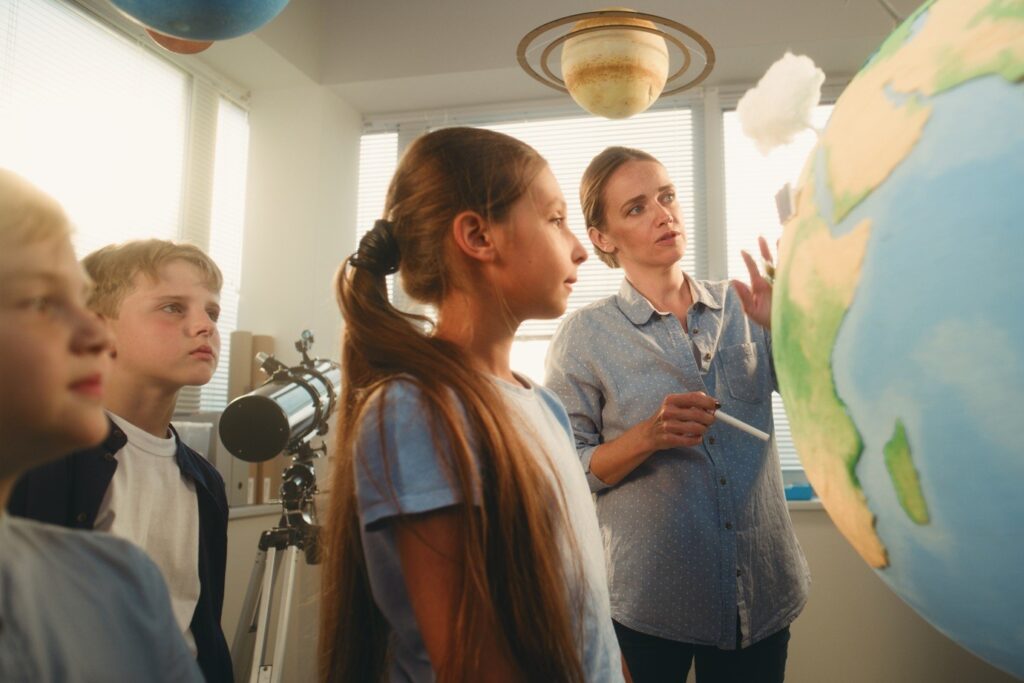Four in ten women in Australia without children have reported they are hesitant to have a child because of climate change, a new survey shows.
With only one in six men without children saying the same, the findings highlight a gendered difference in reluctance to have children due to climate concerns.
Commissioned and analysed by Clive Hamilton, Professor of Public Ethics at Charles Sturt University, and carried out by Roy Morgan Research, the survey is the first national public opinion survey exploring in detail how Australians are thinking about life on a warming planet and what they are doing to prepare.
“Women’s greater reluctance points to a gendered calculus of risk,” Hamilton says in an analysis of the findings that are getting prepared to be published in a series of research papers.
“As levels of climate concern are expected to rise in the next decade or two, we can expect a decline in Australia’s birth rate due to global warming,” he said.
From a sample of almost 2,000 adults, survey data shows that about half of Australian parents are either very concerned or extremely concerned about the effects of climate change on their children’s well-being and life chances, with two in five believing the climate would be “much hotter” in 2050.
“Anxiety about children rises with perceptions of how much the climate is likely to change,” Hamilton says, as the survey found less than a fifth of parents who believe Australia will be only “a bit warmer” in 2050 are concerned about the effects of climate change on their children’s well-being.
When it comes to gendered differences of this view, Hamilton says “mothers are significantly more concerned than fathers” about the effects of climate change on their children’s well-being and life chances.
“Grandparents, especially grandmothers, also express high levels of concern about life prospects for their grandchildren in a warming world,” says Hamilton.
“This suggests a cultural expectation that women bear the moral responsibility for safeguarding the next generation against planetary threats.”
Perceptions of climate change
The survey also looks into how different voters viewed the impacts of climate change on Australian life, finding that Labor, Greens and independent voters were three times more likely to express high levels of concern about climate change compared with conservative voters.
When looking at women and men with children, three in five Labor voters reported high concern about their children’s future amongst climate change, compared to one in five Coalition voters with children.
Climate change concerns were also more strongly correlated with education level than with age.
For people who have lived through extreme weather events, the survey found this only had a small effect on concern about climate change. Data also shows that concern about the climate crisis was somewhat higher in cities than regional areas.
“People have ways of explaining it away, or attributing it to natural factors, or are… unwilling to blame climate change for their misfortune,” Hamilton said, as the survey involved respondents in areas affected by floods and fires since 2019.
“I think the explanation to the counterintuitive effect lies in how people interpret the weather event.”
The findings of this Roy Morgan Research survey are similar to those in a 2019 Australian Conservation Foundation survey that found one in three Australian women under 30 said they’re reconsidering having children due to climate change concerns.
A 2024 Lancet survey found that of people 16 to 25 years old, 52 per cent reported being hesitant to have children due to climate change.
Another Pew Research Center report, published this year, found that adults under 50 years old without children were four times more likely than adults over 50 without children to say that climate plays a factor in their decision.


